
It’s Easy to Imagine a World Without ICE
Immigration and Customs Enforcement has only existed since 2003. There’s nothing extreme about the idea of disbanding the rogue agency.
Opal Lee is a writer.

Immigration and Customs Enforcement has only existed since 2003. There’s nothing extreme about the idea of disbanding the rogue agency.

When Barack Obama and Joe Biden occupied the White House, Democrats gave excuse after excuse about why they couldn’t take bold action. Donald Trump’s second-term rampage of executive power shows Democratic presidents were not as powerless as they claimed.

There’s nothing Britain’s political class likes more than a mob of football hooligans, so long as they’re Israeli. Now the Starmer government has moved to punish police officers for declining to accommodate Maccabi Tel Aviv’s notoriously racist fans.
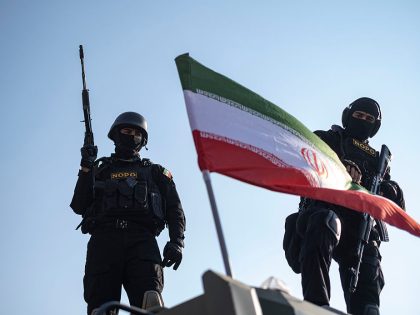
Amid an internet blackout, reports describe waves of catastrophic violence across Iran. Yet the ruling order remains firmly in control, even as an economic crisis erodes the welfare systems that once underpinned its legitimacy.

Tackling teachers and spraying chemical agents on school property, ICE’s rampage through Minnesota is only getting more violent. Jacobin spoke with a Minneapolis parent about what she’s seen so far.

Silicon Valley oligarchs like Peter Thiel and Marc Andreessen have much to gain from Donald Trump’s seizure of Greenland, both as a source of rare earth minerals to feed the AI boom and as a site for a libertarian “crypto state.”

Renee Good’s murder was the deadly culmination of the past year in which ICE and other federal agents pointed their guns and even shot at US citizens in dozens of cases around the country.
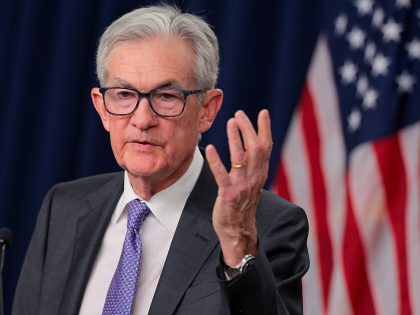
After the 2008 crisis, the US set up a vast financial network offering liquidity to its allies. The ongoing clash between Jerome Powell and Donald Trump is partly about the future of this system and which vision of American empire it will promote.

Fifteen thousand nurses across 10 campuses in New York City’s three biggest hospital systems are on an open-ended strike. Nurses say employers are trying to undermine safe-staffing protections and demanding concessions on nurses’ own health care benefits.
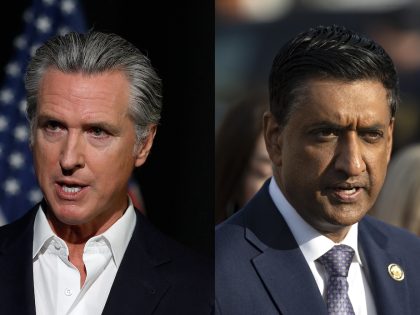
Governor Gavin Newsom is siding with California’s billionaires against a proposed wealth tax to fund health care. Progressives like Ro Khanna are challenging him.

A variety of shadowy private security and weapons firms have been tapped to provide firearms and combat training to ICE agents. They are among the many private entities lining up for their cut of the Trump administration’s deportation spending blitz.

The Czech Republic’s new environment minister is leader of a pro–fossil fuel party called Motorists for Themselves. It’s part of a right-wing backlash in Europe, moving to kill off the EU’s Green Deal.

It’s time we see ICE as it already sees itself: a domestic army dispatched by the Trump administration to terrorize vulnerable people and violently intimidate political enemies into submission.

New York taxi drivers have long been mercilessly squeezed by the city, culminating in their 2021 hunger strike joined by Zohran Mamdani. Announcing a new taxi commissioner yesterday, Mayor Mamdani promised a break with that past.
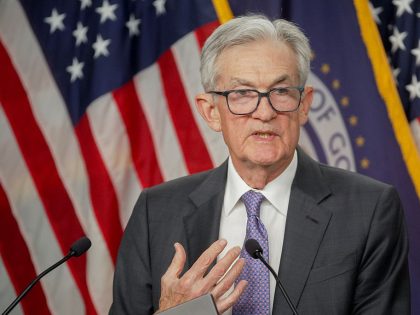
The Federal Reserve has quietly delivered nearly half a trillion dollars to Wall Street with few strings attached over the past few months. These cash infusions could signal instability in the broader financial sector.

When Immigration and Customs Enforcement agent Jonathan Ross shot Renee Good in the head last week, Republicans declared that Americans would overwhelmingly support the killing. In reality, the vast majority find the murder unjustified.
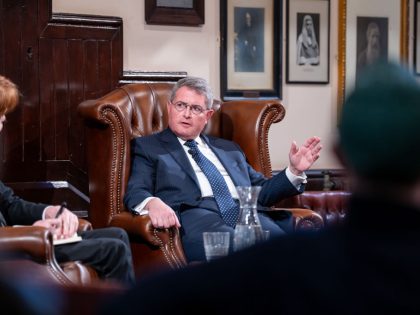
As Donald Trump threatens a military attack on Iran, shadowy conservative groups working to gut consumer protections and roll back abortion rights have also been pouring millions into influential think tanks advocating for regime change in the country.
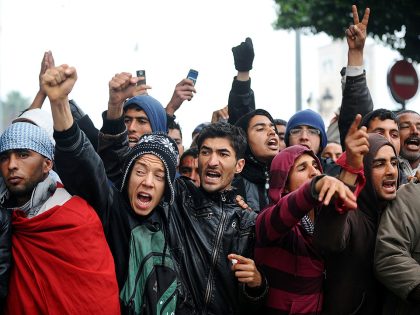
Today marks 15 years since the overthrow of Tunisian dictator Ben Ali, one of the high points of the Arab Spring. The events of 2011 gave rise to an impressive wave of revolutions. Almost all were bloodily suppressed.
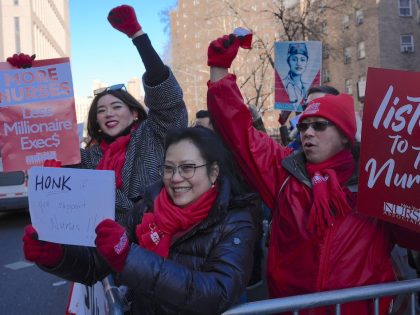
Nearly 15,000 nurses are now on strike at three New York City private sector hospitals, in the largest nurses’ strike the city has ever seen. Nurses say they are striking to end understaffing that burns out nurses and endangers patients.

ICE appears to be reveling in the hypocrisy and double standards that the Trump administration’s unqualified defense of their sickeningly violent and occasionally murderous behavior, against Renee Good and innumerable others, has given them license to indulge in.